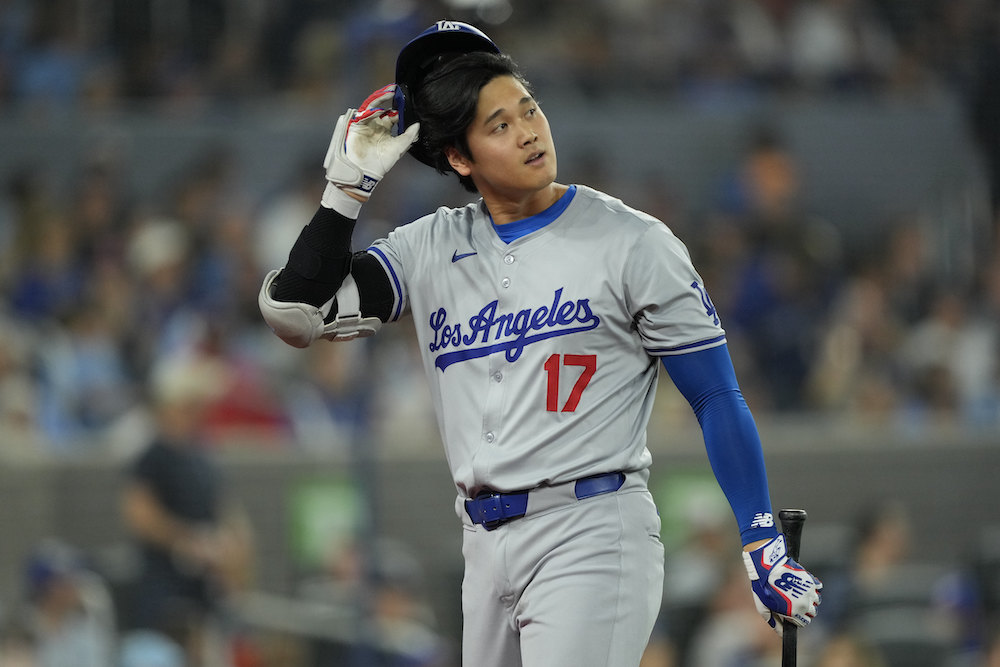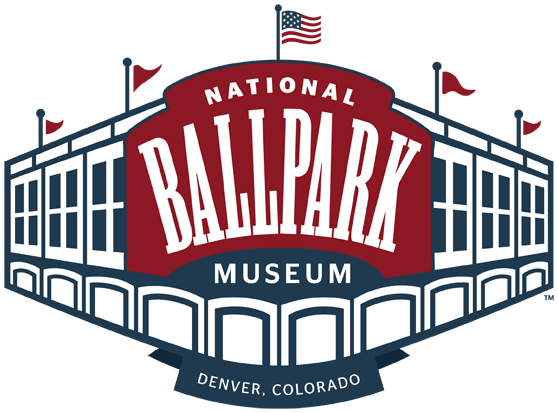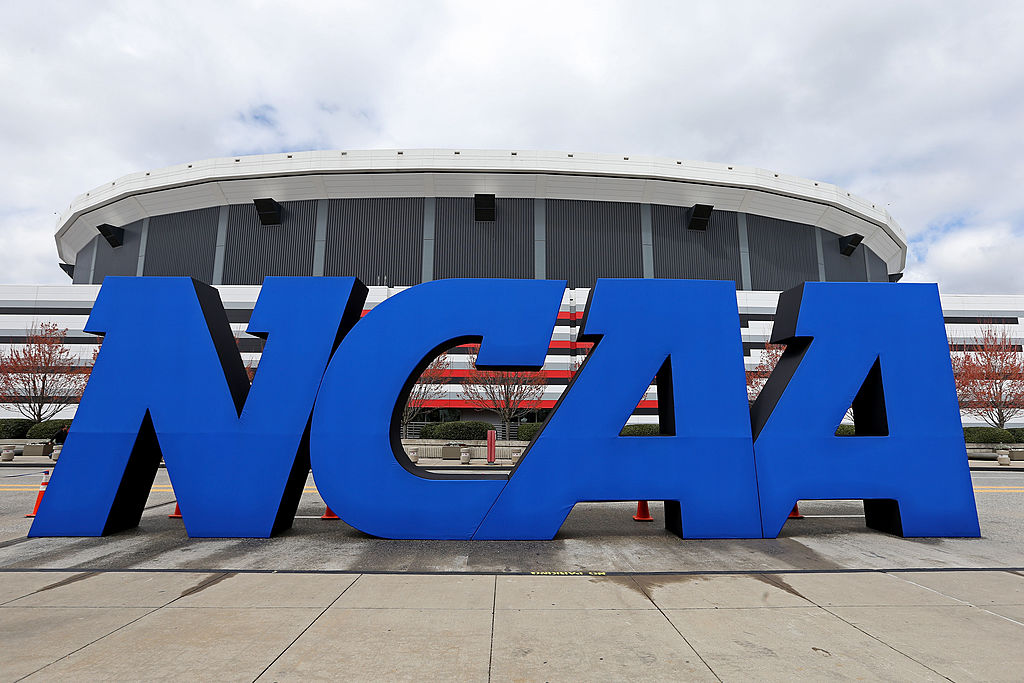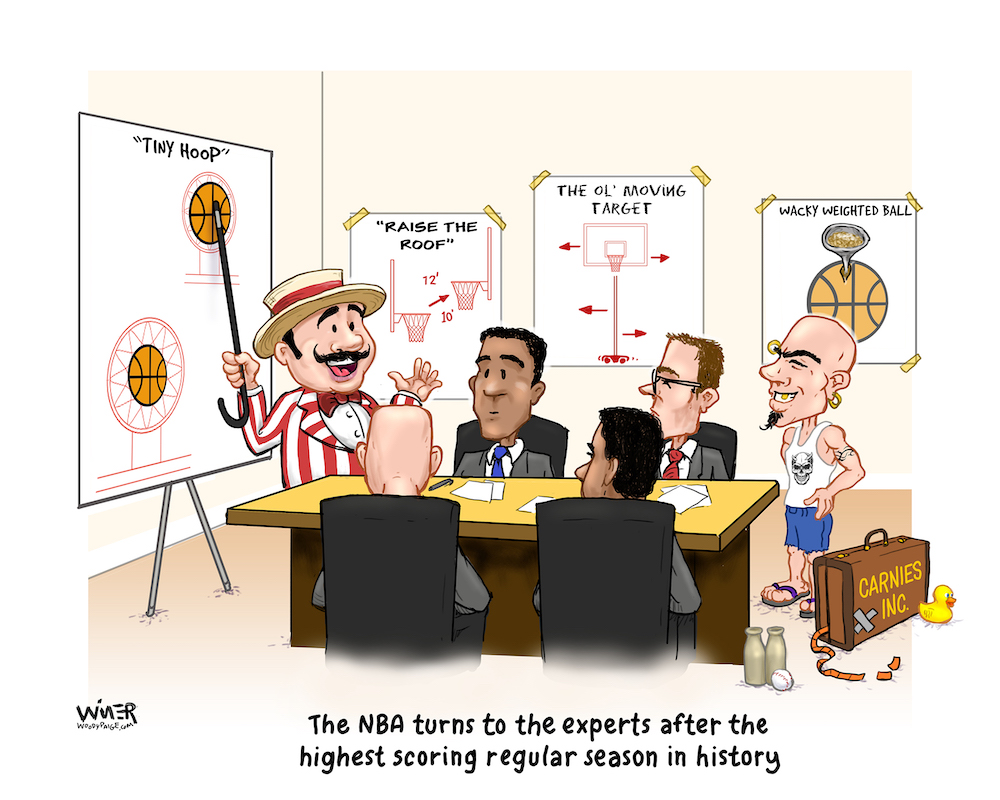
@MarkKnudson41
The World Series champion Los Angeles Dodgers continue to make a mockery out of the upcoming Major League Baseball season.
Parade plans for next fall are already being finalized.
Armed with revenues and resources that even the New York Yankees envy, LA continues to acquire talent – high priced or not – from all corners in every way possible. It’s all done legally of course. The Dodgers do this because the system allows them to.
Under the current set up, the rest of the MLB clubs sit back and watch almost helplessly as foreign born talents land in LA via a talent acquisition process that’s badly in need of fixing. Of course the top flight Japanese talent – like recently signed Roki Sasaki, and a year ago at this time, Yoshinobu Yamamoto – were “posted,” meaning they were made available to other teams for bidding. And it was reported that both star pitchers did talk to other teams about signing there. But in the end, no one was even mildly surprised when both went to the highest bidder and became Dodger property.
The Dodgers have a lot more, so they can offer a lot more than the other clubs. What player wouldn’t want to be there?
Regardless, MLB’s current system could be altered – without a salary cap – to level all the ballpark playing fields.
First – and this idea may already be in the beginning stages in some fashion – MLB needs to make a significant change to it’s revenue sharing model.
Right now, the Dodgers collect “an average” of roughly $334 mil per year from their local media rights agreements. That’s local radio and television/streaming agreements. And the Dodgers have another 13 years after the upcoming 2025 season remaining on those contracts. Is it any wonder they can offer players like Shohei Ohtani gigantic contracts with huge deferral payments included?
This money comes in before they sell a single ticket to a single game. The Dodgers do sell more tickets than anyone else, but it’s not a huge discrepancy. Ticket sales revenue is not the difference maker. It’s all about the huge gap in revenue generation that comes from local broadcast rights.
MLB has already begun taking over local media rights from clubs like the Arizona Diamondbacks, the San Diego Padres and Colorado Rockies in order to help ensure their games remain available to local fans over television and/or streaming. But the revenue generated from this model is a fraction of what the Dodgers (or Yankees and other big market teams) bring in annually from their team-owned Regional Sports Networks. Reports are that the Rockies brought in even less last season than the $57 mil they got in local TV rights in 2023, before their much smaller RSN went dark.
What exists now is a Grand Canyon-sized discrepancy.
If MLB is ever able to eventually take over the local media rights for ALL the clubs – and you know the big market teams would fight this tooth and nail – local rights could be packaged with national rights and distributed evenly among all teams. In this particular case, a form of baseball communism that even Joseph McCarthy (google it) would have been in favor of…unless he was a Dodger or Yankee fan.
Another way to spread the Dodgers broadcast wealth would be to split profits from every single local game broadcast with that days’ opposing team. This is done with ticket sales in some places. A “share of the gate” model could also include a share of the broadcast revenue, since it takes two teams to play every game. No one is tuning in to watch the Dodgers play an intersquad game, are they? If MLB incorporated this kind of plan, a Rockies v Dodgers three-game set could net Colorado a nice chunk of change.
That kind of revenue sharing would be a difference maker.
The second thing MLB could do that would help competitive balance is to do what the NBA does, and include all foreign prospects in the drafting process.
Back before there was an amateur draft, the wealthier clubs like the Yankees and Dodgers used to sign all the best American players. Then, in the winter of 1964, the owners passed a new rule implementing a draft. It passed over the objections of…the Yankees and Dodgers. It’s successfully spread out talent now for six decades…but baseball’s draft has never included foreign born players.
It absolutely could and should.
If the NBA used baseball’s current system, France’s Victor Wembanyama would have simply been “posted” and made available to the highest bidder. There’s no doubt he’d be a Los Angeles Laker at the moment, not a member of the San Antonio Spurs. If MLB did it the NBA way, Sasaki would likely be heading to spring training with the Cleveland Guardians (if he had been drafted in 2024) or preparing to be drafted by the Washington Nationals, who have the first pick next June.
Same with Yamamoto before him.
And MLB as a whole would be much better off.
No one should be upset that the Dodgers signed free agents like Freddy Freeman or more recently, Tanner Scott. What should be upsetting is that so many other clubs – teams that help fill Dodger Stadium and make it possible to watch LA play real games on TV – don’t have the same means to.
MLB can change that and level all 32 playing fields without fighting the players union over a needless salary cap.
Do these two things and perhaps the Dodgers would have some off season competition, too.


















